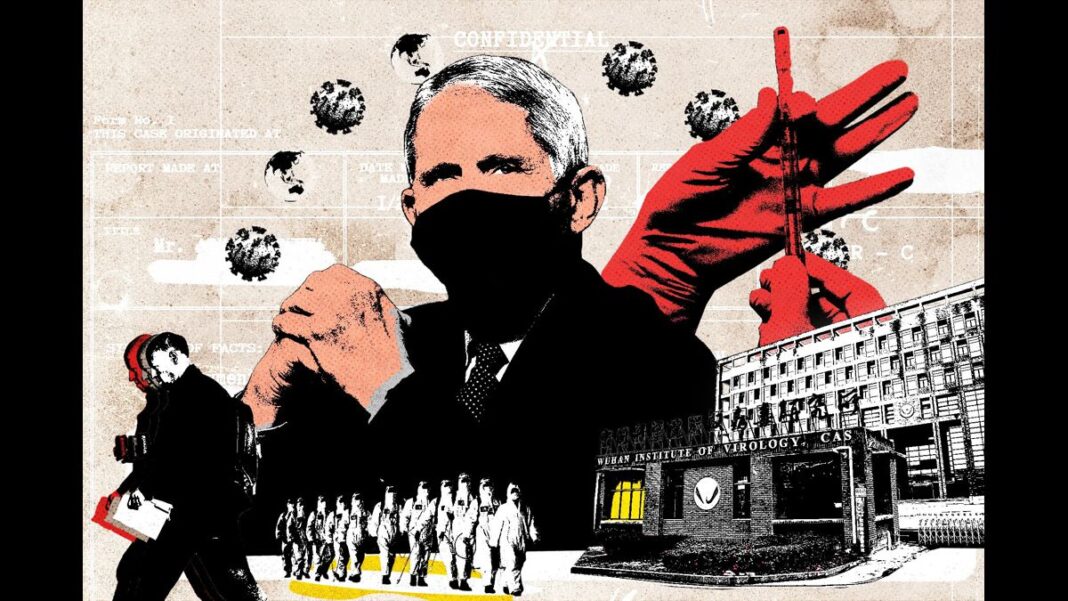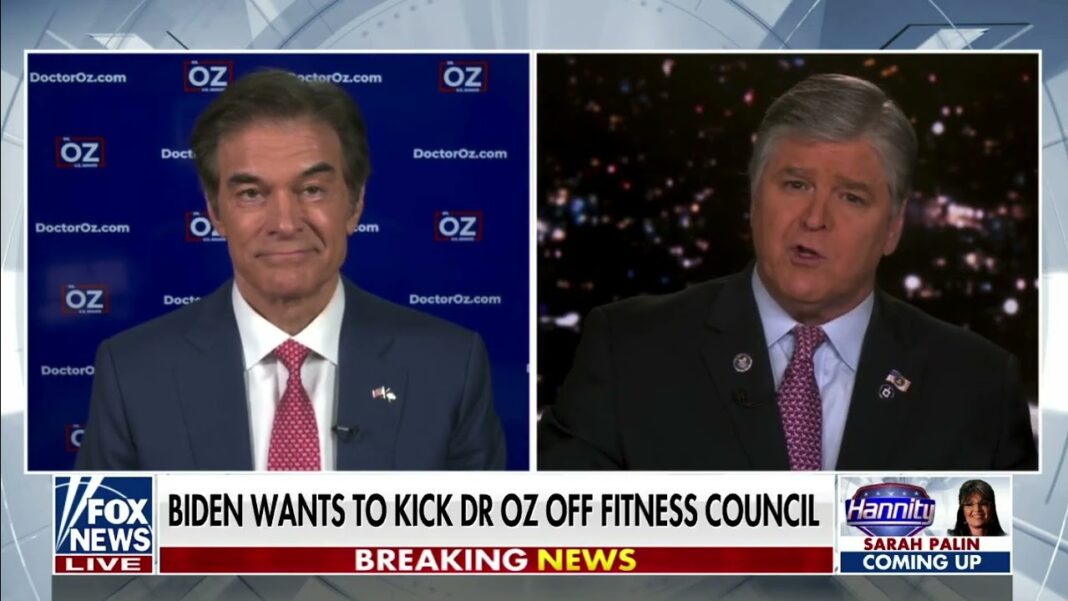Chasing scientific renown, grant dollars, and approval from Dr. Anthony Fauci, Peter Daszak transformed the environmental nonprofit EcoHealth Alliance into a government-funded sponsor of risky, cutting-edge virus research in both the U.S. and Wuhan, China. Drawing on more than 100,000 leaked documents, a V.F. investigation shows how an organization dedicated to preventing the next pandemic found itself suspected of helping start one.
In June 18, 2021, an evolutionary biologist named Jesse D. Bloom sent the draft of an unpublished scientific paper he’d written to Dr. Anthony Fauci, the chief medical adviser to the president of the United States. A bespectacled, boyish-looking 43-year-old often clad in short-sleeved checkered shirts, Bloom specializes in the study of how viruses evolve. “He is the most ethical scientist I know,” said Sergei Pond, a fellow evolutionary biologist. “He wants to dig deep and discover the truth.”
The paper Bloom had written—known as a preprint, because it had yet to be peer-reviewed or published—contained sensitive revelations about the National Institutes of Health, the federal agency that oversees biomedical research. In the interests of transparency, he wanted Fauci, who helms an NIH subagency, the National Institute of Allergy and Infectious Diseases (NIAID), to see it ahead of time. Under ordinary circumstances, the preprint might have sparked a respectful exchange of views. But this was no ordinary preprint, and no ordinary moment.
More than a year into the pandemic, the genesis of SARS-CoV-2, the virus that causes COVID-19, was still a mystery. Most scientists believed that it had made the leap from bats to humans naturally, via an intermediary species, most likely at a market in Wuhan, China, where live wild animals were slaughtered and sold. But a growing contingent were asking if it could have originated inside a nearby laboratory that is known to have conducted risky coronavirus research funded in part by the United States. As speculation, sober and otherwise, swirled, the NIH was being bombarded by Freedom of Information Act (FOIA) lawsuits. Fauci himself needed a security detail, owing to death threats from conspiracy theorists who believed he was covering up some dark secret.
Bloom’s paper was the product of detective work he’d undertaken after noticing that a number of early SARS-CoV-2 genomic sequences mentioned in a published paper from China had somehow vanished without a trace. The sequences, which map the nucleotides that give a virus its unique genetic identity, are key to tracking when the virus emerged and how it might have evolved. In Bloom’s view, their disappearance raised the possibility that the Chinese government might be trying to hide evidence about the pandemic’s early spread. Piecing together clues, Bloom established that the NIH itself had deleted the sequences from its own archive at the request of researchers in Wuhan. Now, he was hoping Fauci and his boss, NIH director Francis Collins, could help him identify other deleted sequences that might shed light on the mystery.









